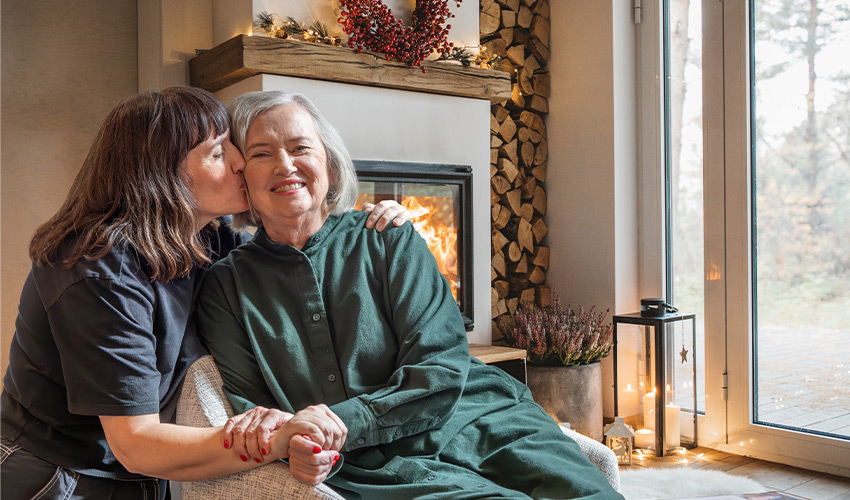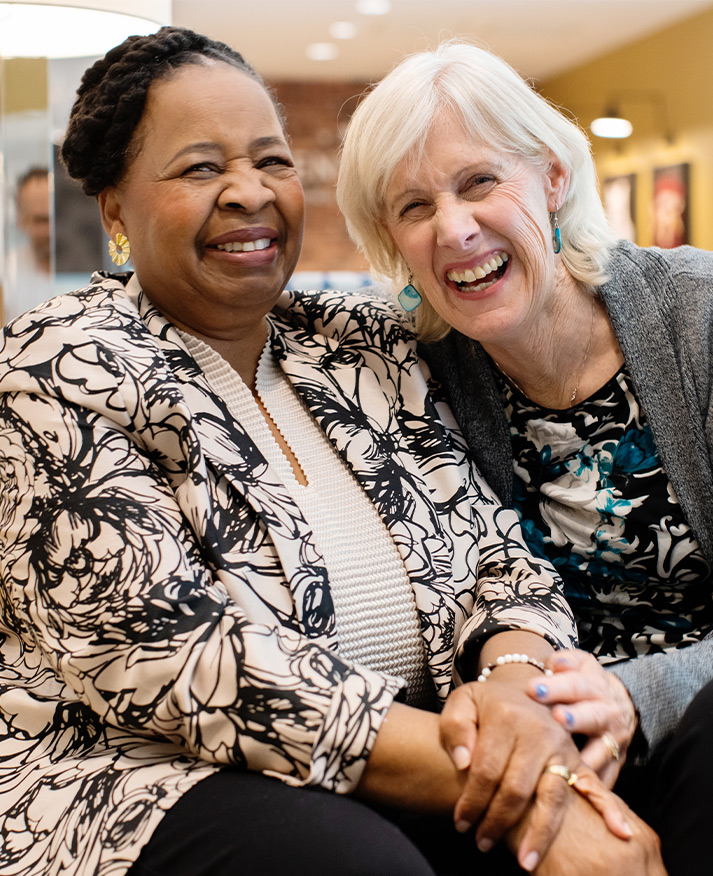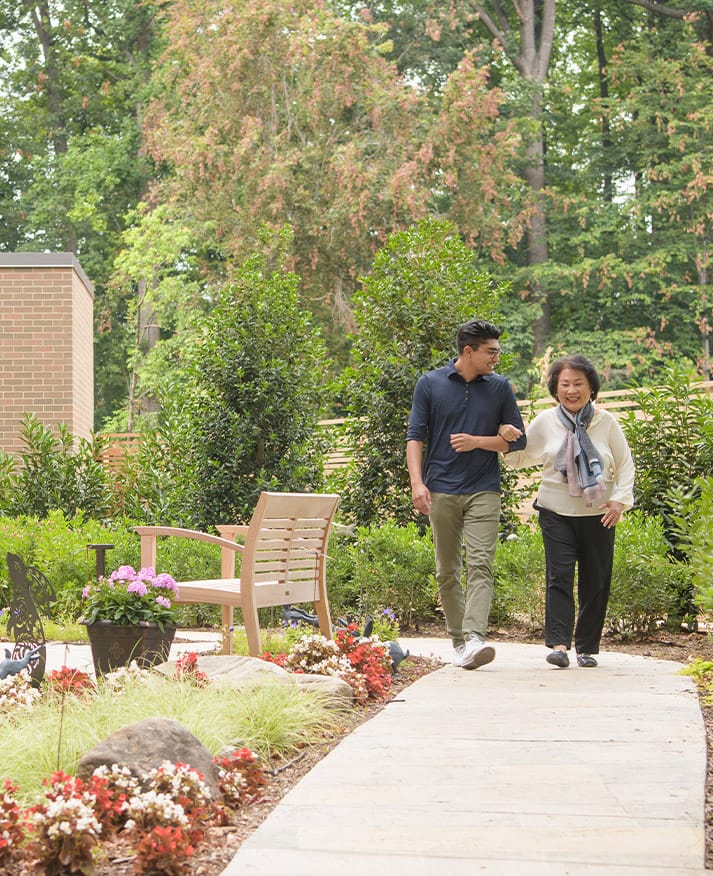
The holiday season is a time for connection, celebration, and cherished traditions. It’s also an opportunity to reflect on the deeper emotional ties that bring families together. For many people, spending time with aging loved ones during the holidays can reveal subtle changes in their behavior, memory, or health. While these moments can be tender, they may also bring a mix of emotions as you notice signs that your loved one might need additional support. Recognizing these changes is the first step in ensuring they receive the care they deserve.
Look around their home — does it feel like the cozy, welcoming space it once was? Unopened mail, spoiled food, or holiday decorations left undone might reflect that they’re finding it more challenging to manage daily tasks. These signs are worth gently addressing with love and understanding.
If your loved one seems to lose track of conversations, repeats questions, or forgets important plans, these moments can feel concerning. These small lapses might be early signs of memory changes, but they also open the door to helping them feel supported.
Have you noticed they seem quieter, less interested in family traditions, or more emotionally distant? These changes in mood or behavior might reflect feelings of loneliness or anxiety. Recognizing this can help you offer them the connection and reassurance they need.
Recognizing these changes can bring strong emotions, but starting a thoughtful, compassionate conversation is a meaningful first step. Choose a calm, private moment where you can speak openly with love and understanding. Share what you’ve noticed in a way that shows your concern for their well-being, and reassure them that your goal is to support their independence, not take it away.
Here are a few suggestions to start the conversation:
Including your loved one in the decision-making process is key. Research together and explore options that honor their preferences and needs.
Exploring senior living options like Assisted Living or Memory Care might help if you’ve noticed significant changes. These communities provide a supportive environment where your loved one can enjoy greater independence, safety, and opportunities to thrive. They can feel renewed purpose and joy with personalized care and engaging activities.
The holidays are a time for togetherness, and noticing changes in a loved one can be an opportunity to deepen your connection. By offering support and care, you’re helping to ensure their safety and happiness in the next chapter of their life. Remember, you’re not alone in this journey. With love and thoughtful planning, you can find the best solutions for your family—and create even more meaningful moments together.



Caring, attentive staff. I would highly recommend to anyone looking for quality senior care!
I toured this place with my mother and was so blown away, I hope to retire here myself.
All I can say is ... it's amazing!! Everything about this community is spot on, they've thought of everything!